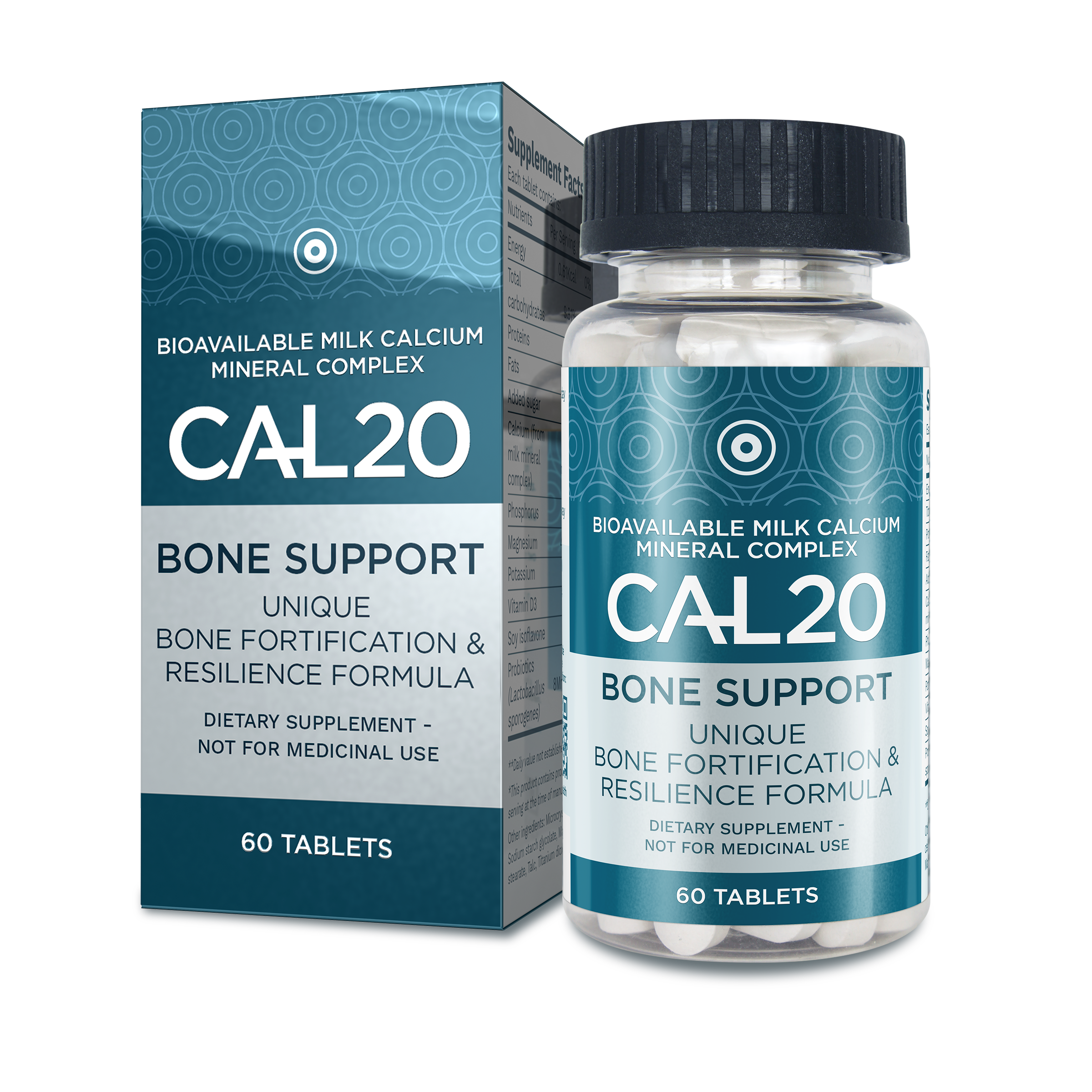An excerpt from the book Younger for Longer by Dr Duncan Carmichael
Exercise
Being a couch potato is not our natural state which is why the body needs to be reminded every day to keep our muscles strong. It is the same for the brain – daily exercise stimulates the development of new brain tissue (BDNF). Indeed, the more intense the exercise, the more BDNF is released. An added bonus is that exercise has been shown to help reduce levels of beta-amyloid plaque in Alzheimer’s patients.
Check your vitamin B12
Vitamin B12 is crucial for developing and maintaining the myelin sheath around the nerves – that is, their fatty covering. We absorb vitamin B12 from the stomach, but we get worse at that as we age, which leaves us susceptible to memory loss and nerve degeneration. You can easily check your vitamin B12 level with a blood test, and any deficiency can be reversed with supplements and injections.
Supplements and more
The medication that is currently helping Alzheimer’s patients focuses on two things: using tablets like memantine to reduce brain inflammation; and taking ACh medications like donepezil to improve memory. There are ways to get those benefits naturally too.
When it comes to brain inflammation, excessive glutamate in the brain is one factor that can inflame the brain and lead to degeneration. N-acetylcysteine (NAC) is a supplement that is widely used to reduce excessive brain glutamate and inflammation. Others worth adding include turmeric, vitamin E and vitamin D. It is easy enough to do a blood test to assess your vitamin D level, and it is sensible too because low vitamin D levels double the risk of dementia. Another good idea is cutting out all foods that you are allergic to – say, grains or dairy – because that may cut inflammation and boost memory.
Improving memory, on the other hand, brings us back to a hormone called pregnenolone – it is made naturally from cholesterol, and helps us to cope with stress. It pops up here because it is a natural support for memory: in the brain, it stimulates important pathways, safely improving our memory. One of the consequences of high stress is that it can burn out our pregnenolone, which leaves us forgetful. That is why, at times of high stress, it can make sense to supplement pregnenolone in a high dosage (around 120mg daily) to optimise recall.
Finally, I would reiterate the importance of play to keep stimulating the brain to generate new tissue. So, learn to speak a new language, start painting, do the crossword, take up juggling or play a musical instrument – those are all great ways to encourage neuroplasticity at any age.
A final word
We cannot optimise our general health unless we do the same with the brain. If we are unable to get excited about life, if we are not sleeping well, if we crave sugar, if we feel constantly anxious or if we cannot remember things – these are all indicative of a problem with the brain, and we need to act to prevent long-term problems.
We have seen that our brain is neuroplastic from cradle to grave, and that means whatever negative state the brain is in, it can be improved and typically it can return to full health – provided we work at it. If we are irritable day in, day out, then that is what our brain will become. On the other hand, every day that we laugh is a good day for the brain. Every day that we paint or do a crossword or try to master a new language or play an instrument is a day in which our brain gets to work out; the added bonus is that while we sleep, the brain processes what we have learned and, over time, we become better at that task.
By now it is hopefully clear just why our brain is an astonishing organ, and what we can do to help keep it that way. After all, if we do look after it then it could thrive well past our 100th birthday. To that end we should remain grateful for what we have, we should embrace new things, and we should stay inquisitive about life; it is, after all, nothing short of miraculous.
Key points
To keep your brain in optimal health, keep the following in mind:
- Good health starts with sleep. Whether you are an athlete or an academic or something else entirely, you need at least eight hours of sleep a night. It not only consolidates what we have learned in the day; it clears out brain toxins such as beta-amyloid, and rebuilds the hormones we need to ensure we are fabulous tomorrow.
- Choose happiness: there is a big difference between excitement and happiness. We tend to chase excitement, especially when our brain is unhappy. Excitement could be sugar or alcohol or a roller-coaster ride. Happiness on the other hand is time spent with loved ones, playing with children, cuddling a pet and picking up a musical instrument. If you are not happy, then you will seek excitement. So if you find yourself getting cravings then, instead of feeling guilty, consider the three S’s that cause it: Sleep, Stress and Sadness. Fix those, and the cravings ought to disappear.
- Cut out sugar; add ketones. Alzheimer’s is a common and growing cause of death, and one that many people rightly fear. Decades before it strikes, PET scans can show how the brain’s memory centre no longer absorbs glucose for energy, and we know that too much glucose in the brain eventually leads to brain scarring and Alzheimer’s. Eating a low-carbohydrate healthy fat diet will help the brain to move past its reliance on glucose as fuel. Adding intermittent fasting and daily exercise will help to build new brain tissue. Our brain will happily use ketones, and you can provide it with that alternative energy source.






